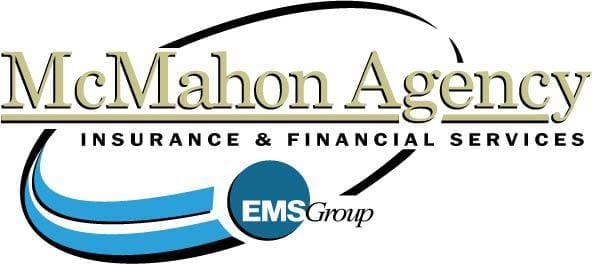Many people wonder whether they can take a loan from their 401(k) retirement account. While 401(k) loans are an option provided by some plans, there are rules and considerations to keep in mind before deciding to borrow from your retirement savings. Understanding the possibility of taking loans from a 401(k) account and the associated rules can help you with your decision.
Eligibility and Loan Limits
Before considering a 401(k) loan, it’s essential to understand the eligibility requirements and loan limits set by your employer’s retirement plan. Here’s what you need to know:
- Employer Discretion: Not all 401(k) plans offer loan options, so check with your plan administrator to determine if loans are permitted under your specific plan.
- Loan Limits: The Internal Revenue Service (IRS) sets limits on the amount you can borrow from your 401(k) account. Typically, you can borrow up to 50% of your vested account balance or $50,000, whichever is less. However, some plans may impose lower limits.
- Repayment Terms: 401(k) loans must be repaid according to specific terms set by your plan. Generally, the maximum repayment period is five years, although longer repayment periods may be allowed for loans used to purchase a primary residence.
Pros and Cons of 401(k) Loans
While taking a loan from your 401(k) may seem like a convenient option, it’s essential to weigh the pros and cons before making a decision:
Pros:
- Accessibility: Borrowing from your 401(k) allows you to access funds quickly and without a credit check or lengthy approval process.
- Low Interest Rates: 401(k) loans typically have lower interest rates compared to other types of loans, such as credit cards or personal loans.
- No Impact on Credit Score: Since 401(k) loans are not reported to credit bureaus, they have no impact on your credit score.
Cons:
- Impact on Retirement Savings: Borrowing from your 401(k) means temporarily reducing the amount of money invested in your retirement account, potentially jeopardizing your long-term savings goals.
- Repayment Obligations: Failing to repay the loan according to the terms set by your plan can result in penalties, taxes, and the loan being treated as a taxable distribution.
- Lost Opportunity for Growth: While your loan is outstanding, the borrowed funds are not invested in the market, missing out on potential growth and compounding returns.
Considerations Before Borrowing
Before taking a loan from your 401(k), consider the following factors:
- Purpose of the Loan: Evaluate whether the loan is necessary and whether alternative financing options are available.
- Impact on Retirement Goals: Assess the long-term impact of reducing your retirement savings and consider whether the benefits of the loan outweigh the potential drawbacks.
- Ability to Repay: Ensure that you can comfortably afford to repay the loan according to the terms set by your plan to avoid penalties and tax consequences.
Our agents can help you navigate the complexities of retirement planning and explore alternative financing options before considering a loan from your 401(k). Contact your local agent today to discuss how we can assist you in achieving your financial goals while preserving your retirement savings. Let us help you make informed decisions about your financial future.
